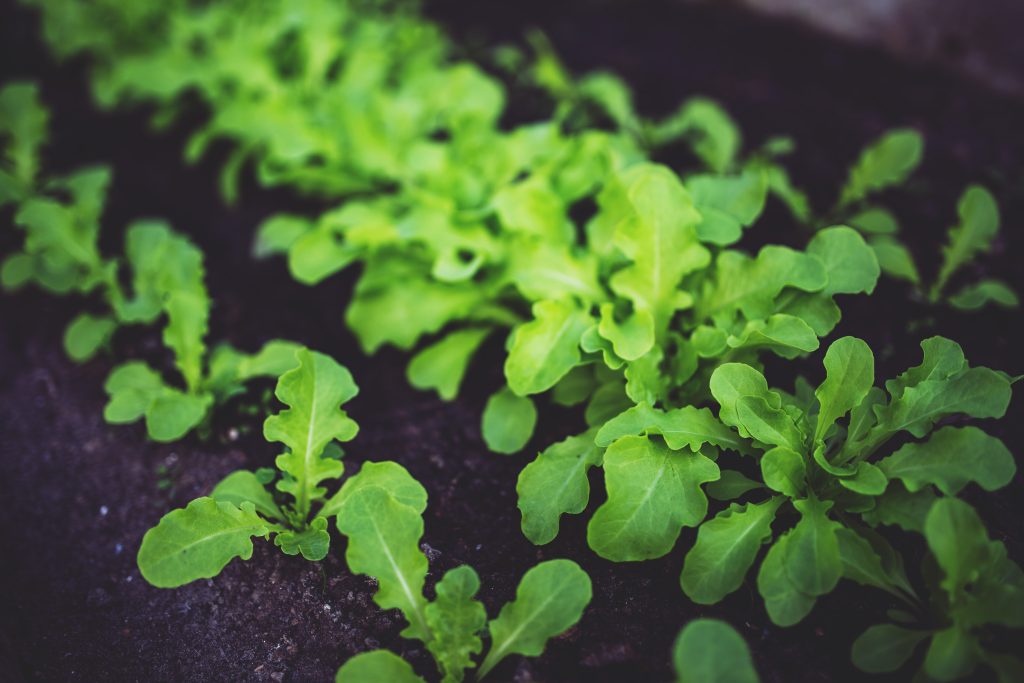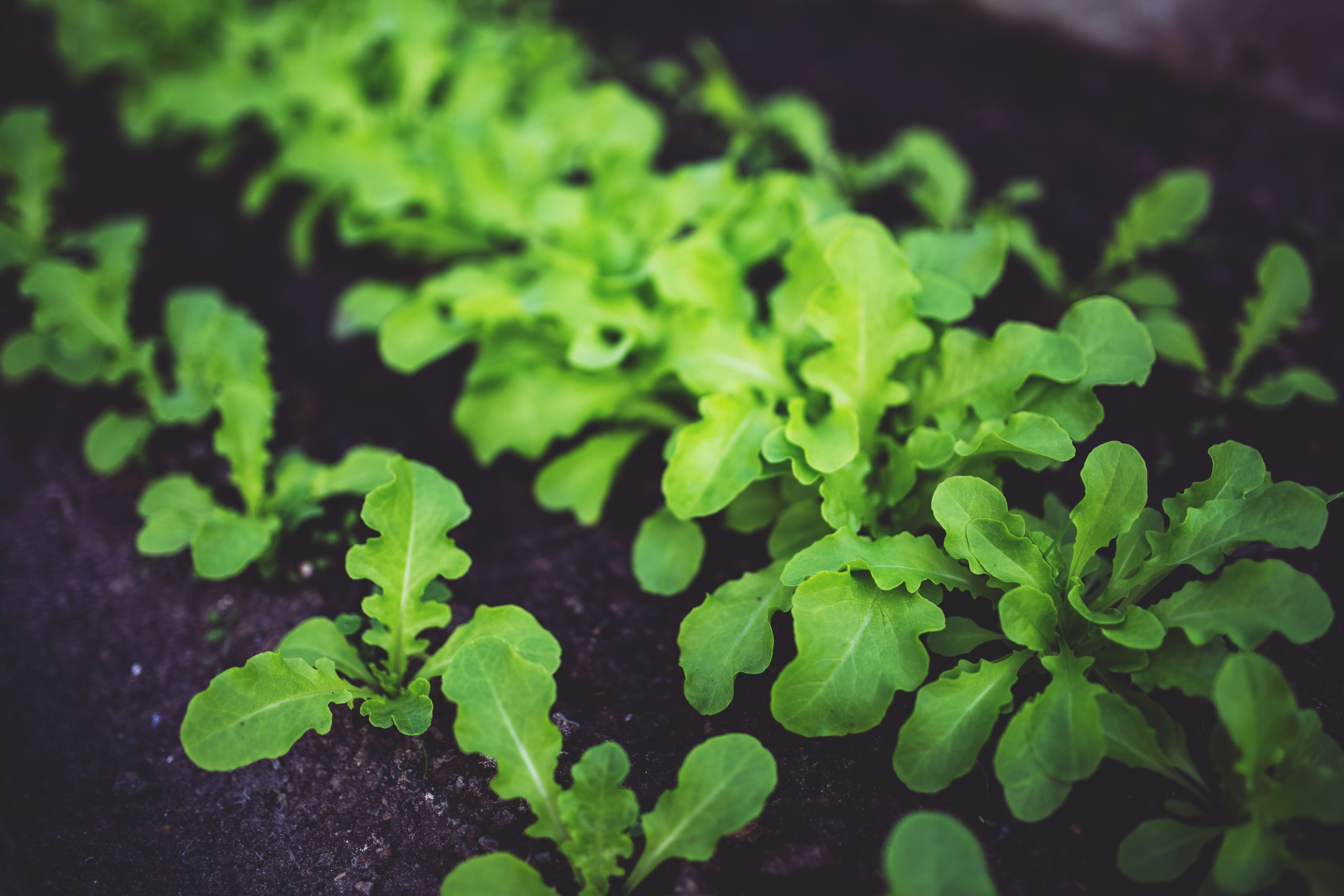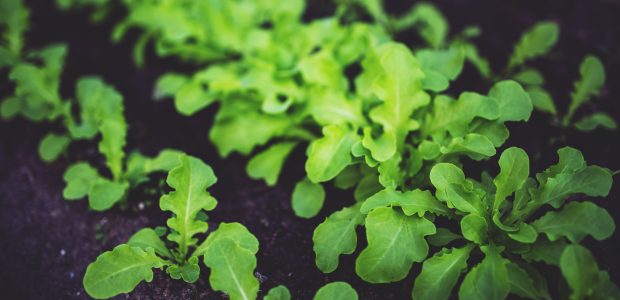
Welcome to our comprehensive guide on building healthy soil, the cornerstone of successful permaculture gardening. In this article, we will explore the importance of healthy soil in permaculture practices and how it contributes to the success of organic farming. Whether you’re a seasoned permaculture enthusiast or someone new to the concept, understanding the significance of healthy soil is crucial for sustainable and productive gardening. Let’s delve into the world of permaculture and discover the secrets to nurturing thriving ecosystems through natural farming methods.
I. The Fundamentals of Permaculture and Organic Farming Permaculture: A Holistic Approach to Sustainable Gardening
- Defining permaculture and its core principles
- Promoting biodiversity and resilience in permaculture systems
- The role of organic farming in permaculture practices
II. Unveiling the Importance of Healthy Soil in Permaculture
- Nurturing Life Beneath the Surface: The Soil Food Web
- Understanding the complex web of microorganisms and soil-dwelling organisms
- The symbiotic relationship between plants and soil microorganisms
- The role of beneficial bacteria, fungi, and earthworms in creating healthy soil ecosystems
- Essential Components of Healthy Soil
- The importance of soil structure, texture, and composition
- Optimal soil pH levels for permaculture gardening
- Retaining moisture and promoting proper drainage in the soil
- Building Fertility Naturally: Composting and Mulching
- Harnessing the power of composting to improve soil fertility
- The art of creating a well-balanced compost pile
- Utilizing mulch to conserve moisture, suppress weeds, and enhance soil health
III. Techniques for Enhancing Soil Health in Permaculture Gardens
- Cover Cropping and Crop Rotation
- Harnessing the benefits of cover crops to improve soil structure and fertility
- Rotating crops to minimize pest and disease pressure and maintain soil health
- Selecting appropriate cover crops and understanding their specific functions
- Companion Planting for Soil Health
- Maximizing plant diversity and optimizing space through companion planting
- Nitrogen-fixing plants and their role in enriching the soil
- Creating synergistic relationships between plants to repel pests and enhance nutrient availability
- Organic Soil Amendments and Natural Fertilizers
- Utilizing organic amendments such as compost, vermicompost, and green manures
- Understanding the benefits of organic fertilizers like bone meal, blood meal, and fish emulsion
- Avoiding synthetic chemical fertilizers and their detrimental effects on soil health
Building healthy soil is the backbone of successful permaculture gardening and organic farming. By understanding the importance of soil health, nurturing the soil food web, and implementing effective techniques like composting, cover cropping, and companion planting, you can create a thriving permaculture ecosystem that sustains itself and provides bountiful harvests year after year. Embrace the principles of permaculture, care for your soil, and embark on a journey towards sustainable and regenerative gardening practices. Together, we can build a greener and healthier future through natural farming methods.


